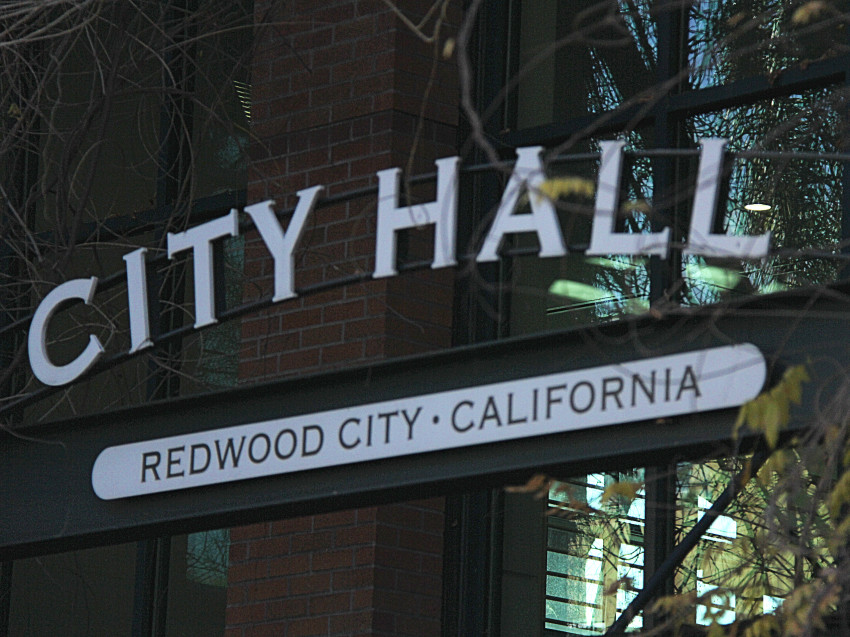Redwood City council on Monday, Jan. 25, voted to approve a partnership with the County that will send a mental health clinician in tandem with police officers to incidents involving individuals suffering from a mental or behavioral health crisis.
With six yes votes and one abstaining, the council approved piloting a cost-sharing partnership with San Mateo County Health’s Behavioral Health and Recovery Services (BHRS) that will provide at least one full-time clinician to respond to certain 911 calls. San Mateo, Daly City and South San Francisco are also receiving dedicated County clinicians as part of the agreement.
Melissa Stevenson Diaz, city manager for Redwood City, was the first to push for the County partnership in response to community dialogue sessions held by the city on racial justice. The sessions were among a series of steps the city has attempted in response to community calls to re-imagine policing following the death of George Floyd while in Minneapolis police custody on May 25, 2020.
Redwood City officials view the pilot as the quickest and most affordable way to improve response to mental health crises within the city given current resources. The city doesn’t currently employ mental health professionals like the County, and the pandemic has left the city in a difficult financial position. Diaz said the program “made use of the fact that we were partnering with others both financially and in their expertise.”
At the Jan. 25 council meeting, some community members said the program doesn’t go far enough to remove police from mental health situations. The County reportedly expressed discomfort with immediately sending its staff on 911 calls without police support. City councilmembers and Diaz said they expect the program will be thoroughly reviewed and to evolve. Diaz said she and Redwood City Police Chief Dan Mulholland urged the other cities involved in the pilot to include the statement in the memorandum of understanding to work toward a response that doesn’t involve law enforcement.
As part of the pilot, John W. Gardner Center of Stanford University will conduct regular data analysis to determine the program’s effectiveness, assess outcomes, and consider appropriate adjustments, according to the city.
Councilmember Lissette Espinoza-Garnica opposes the County partnership involving police, suggesting health experts could be accompanied instead by a paramedic or firefighter for safety rather than a police officer.
Other members of council, however, see the pilot as a first step in creating a program that will offer the optimal outcome for the person suffering from a mental health crisis.
“Let’s not let perfect be the enemy of good,” Councilmember Giselle Hale said. “As smaller cities like ours across the Country are grappling with how to provide a non-law enforcement response I hope that this pilot will provide information and hopefully soon a template for how this can be done successfully for all involved.”
Councilmember Michael Smith added, “We can’t allow this opportunity pass by. With that said, I will keep a close eye on this program.”
According to city documents, the general protocol once BHRS clinicians respond with law enforcement to incidents goes like this: “Once the scene is safe, a determination will be made regarding the commission of crime,” city staff says. “For non-criminal matters, the law enforcement presence will be minimized and the clinician will assume responsibility for the individual in crisis. The clinician will assess client needs, ensure appropriate action is taken and connect the individual with the appropriate service providers. For incidents involving criminal matters, law enforcement personnel will maintain responsibility but will collaborate with the clinician to determine the optimal outcome. In addition to responding to calls for service, the clinician will also provide on-going training to Redwood City Police Department personnel in the area of behavioral health, crisis response, and de-escalation.”
Redwood City council has asked to expand funding for the program to add a second BHRS clinician to expand response capabilities to a 24/7 model.






